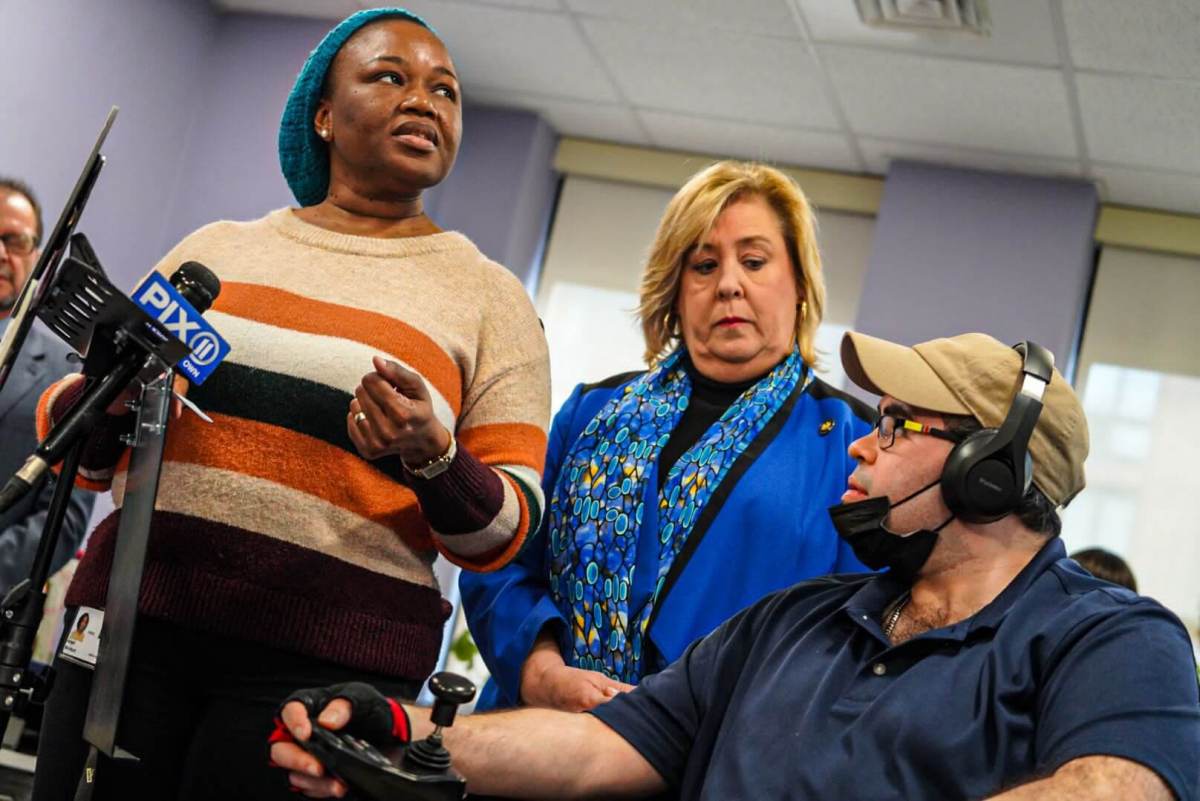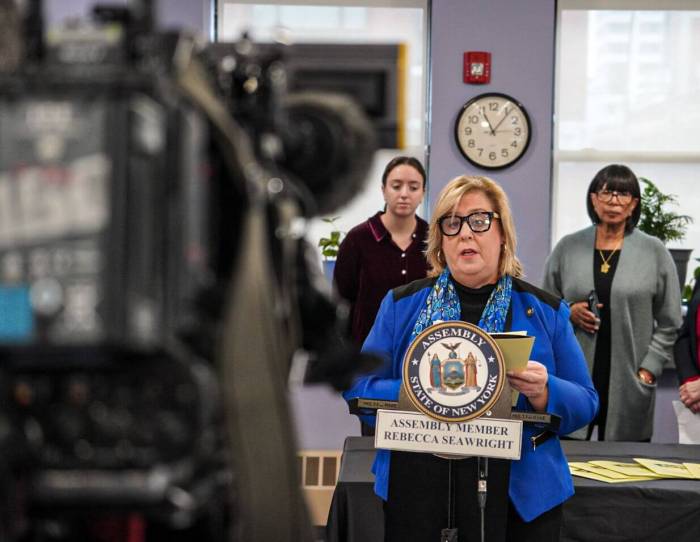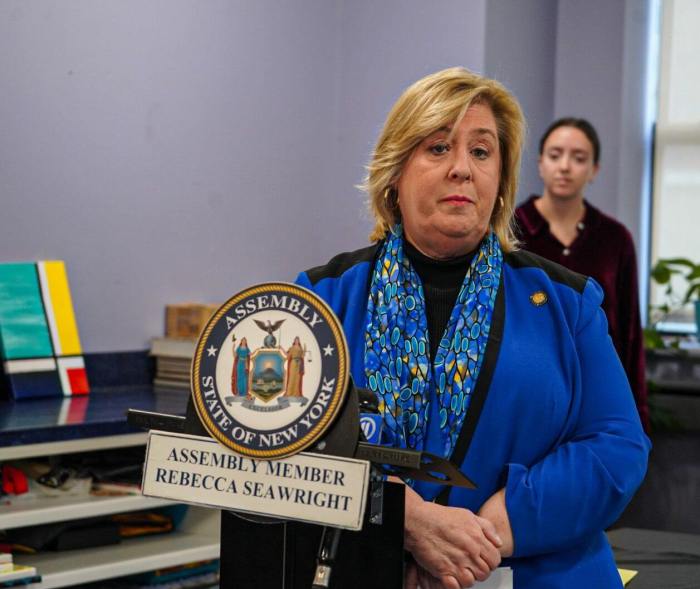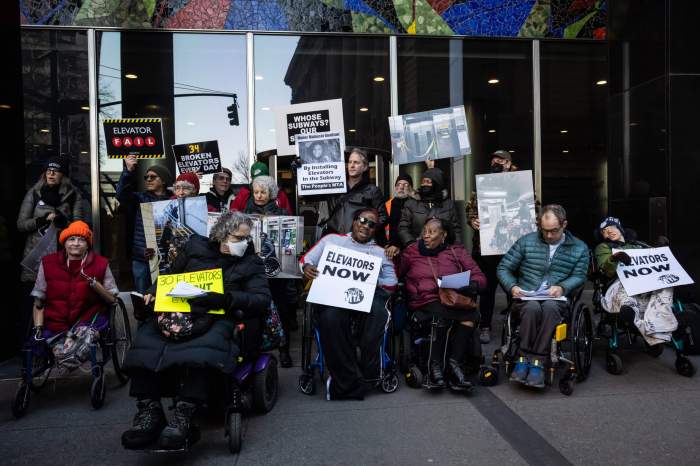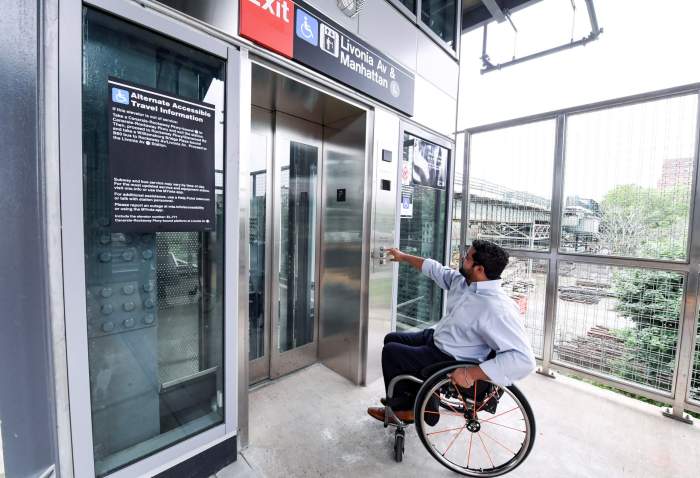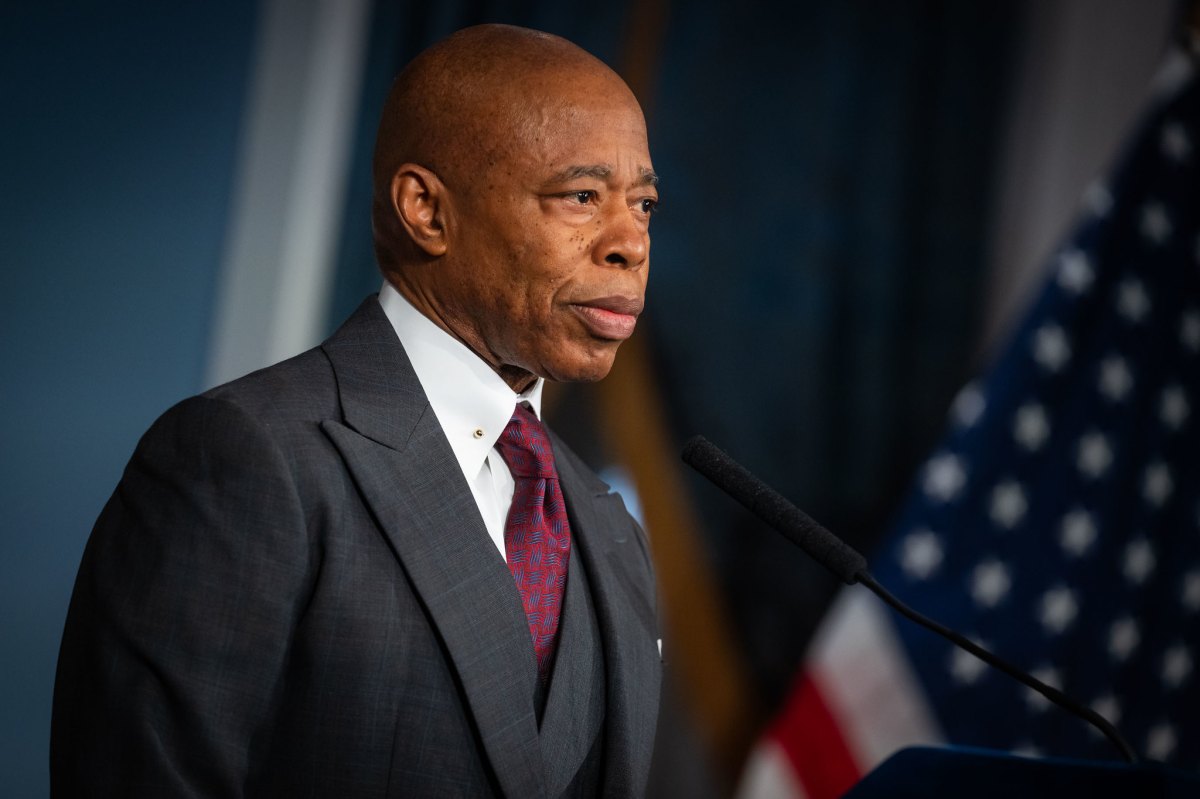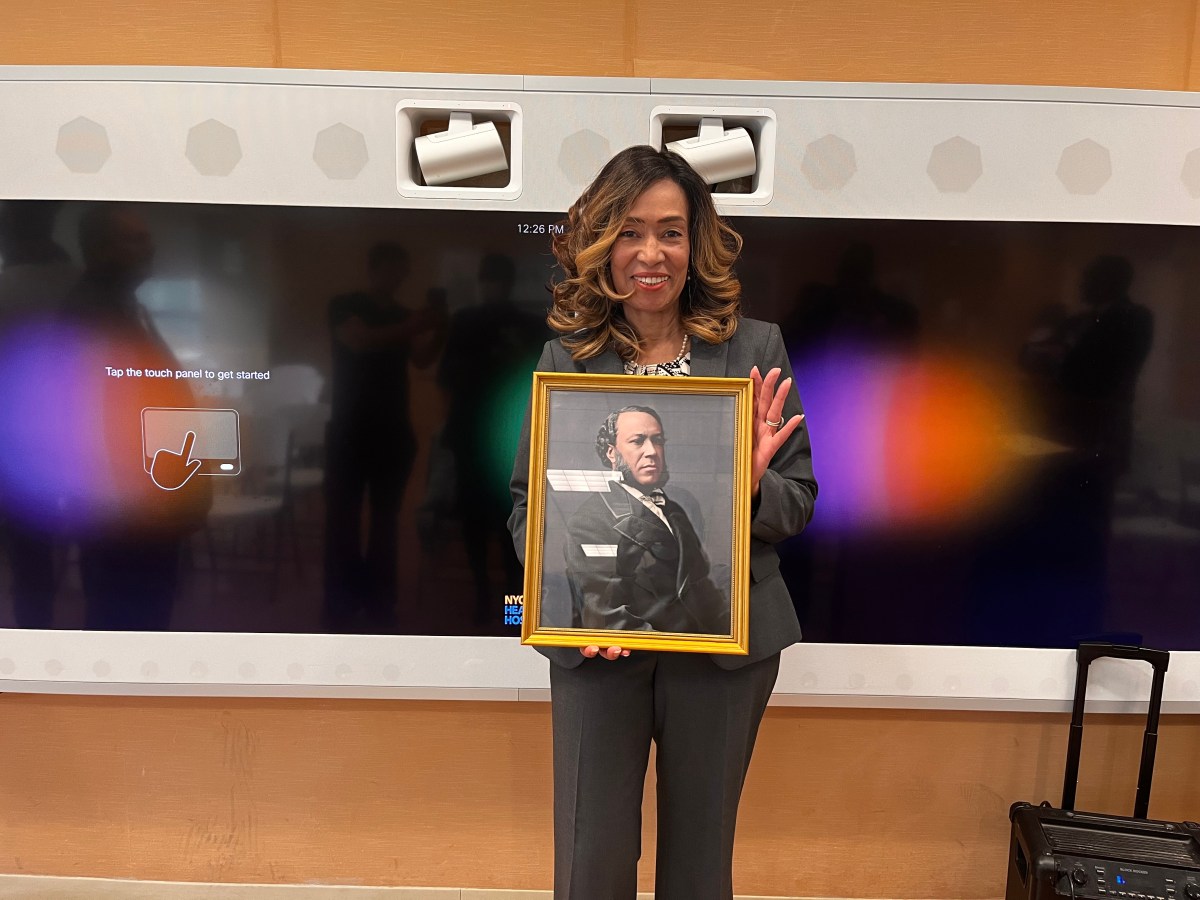New York lawmakers and non-profit leaders are advocating for a bill that is expected to go before the legislature before the end of June that would provide caregivers who look after people with Intellectual and Developmental Disabilities (I/DD) a pay raise.
Assembly Member Rebecca Seawright and state Senator John Mannion have introduced a bill in their respective chambers that would provide I/DD caregivers who work at agencies with an extra $4,000 per year in income. They plan to hold a rally in support of the bill in Albany on May 15, which is Disability Awareness Day.
The lawmakers also plan to announce the passage of a series of disability-related bills that are expected to pass in the Assembly on May 15, such as one bill that calls for the replacement of the term “mentally retarded” with “developmentally disabled.”
However, the legislators aim to draw particular attention to the “direct support wage enhancement” bill that is likely to go before the full floor for a vote in both the assembly and senate by the end of June, when the legislative session ends.
The bill would allocate the funds to provider agencies to boost the hourly pay of the caregivers, known as direct support professionals (DSP). Most earn about $16.50 per hour — not much more than the minimum wage of $15 per hour. The $4,000 would increase their wages by approximately $2.20 per hour.
Advocates argue that the workers are not being paid enough for a difficult job that involves tasks such as helping I/DD patients go to the bathroom, changing diapers to helping with the administration of medicines.
“We are going to have a rally and a press conference in Albany on the 15th [of May],” Seawright said, who represents the Upper East Side and serves as the assembly chair of the Committee on People with Disabilities. She said that they aim to draw attention to the need for the pay raise.
Seawright said Tuesday that there are only four weeks left for lawmakers to pass the wage enhancement bill before the session comes to an end.
“It is expected to pass,” she said, if it gets put up for a vote. “It’s more a matter of whether the governor signs it.”
The legislation comes on the heels of a state budget that many disability advocates described as disappointing.
The workers were advocating for an 8.5% cost-of-living adjustment (COLA) to be included in the budget, a figure that was approved by both the Assembly and State Senate.
However, when the budget was settled, the state only made provision for a 4% COLA, a number that industry leaders and some elected officials say is insufficient. In last year’s budget, the COLA was 5.4%.
“I am very disappointed,” Seawright said after the budget was announced. She said that she is determined to get the direct support wage enhancement bill passed and signed into law. She is working to that end with Mannion, who chairs the senate Disabilities Committee.
Seawright is urging the public to reach out to their state legislators to tell them to back the bill as well as the governor’s office. She said the more legislators that get behind the bill the more pressure there is on the governor to sign it.
The governor says she values the work that direct support professionals (DSP) do, noting that the 4% came on top of last year’s 5.4%.
“The Direct care workers are critical to ensuring quality care for people with developmental disabilities,” said a spokesperson for Hochul’s office. “We will review the proposed legislation.”
Hochul’s office also noted that the state provided over $1 billion in one-time American Rescue Plan Act (ARPA)-funded bonuses last year for direct care staff in the non-profit sector. Many DSP’s did receive bonuses.
The governor’s signature is not certain since she did not find the money in the budget to provide the 8.5% COLA — instead agreeing to 4%.
The 4% COLA was also a part of a budget that included a minimum wage increase. The minimum wage is being raised to $17 per hour in New York City and nearby counties by 2026.
The modest pay for DSPs is leading to a staffing crisis, advocates say, and industry leaders thought that an 8.5% raise would help alleviate the problem. Many DSPs, particularly those who work for agencies, are leaving the field to work elsewhere, due to the low wages and arduous work.
“Many are leaving to take jobs at, say, Target and the agencies across the state are hemorrhaging staff,” Seawright said last month.
Winifred Schiff, CEO of the InterAgency Council of Developmental Disabilities, which represents provider agencies, said the industry essentially needed both the 8.5 COLA in addition to the $4,000 enhancement.
“Our workers are like minimum wage workers, and we are working hard to find a reasonable way to raise salaries,” Schiff said.
“This [wage enhancement] would not be a full correction but it would bring them closer to where they should be,” Schiff added. “If we devalue our workers, it’s like we are devaluing the patients.”



